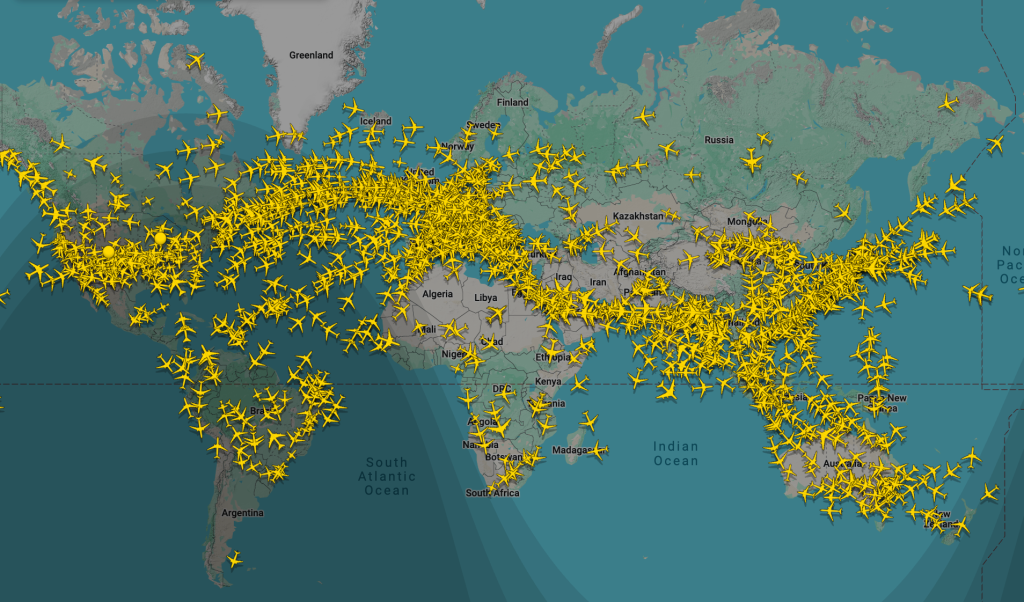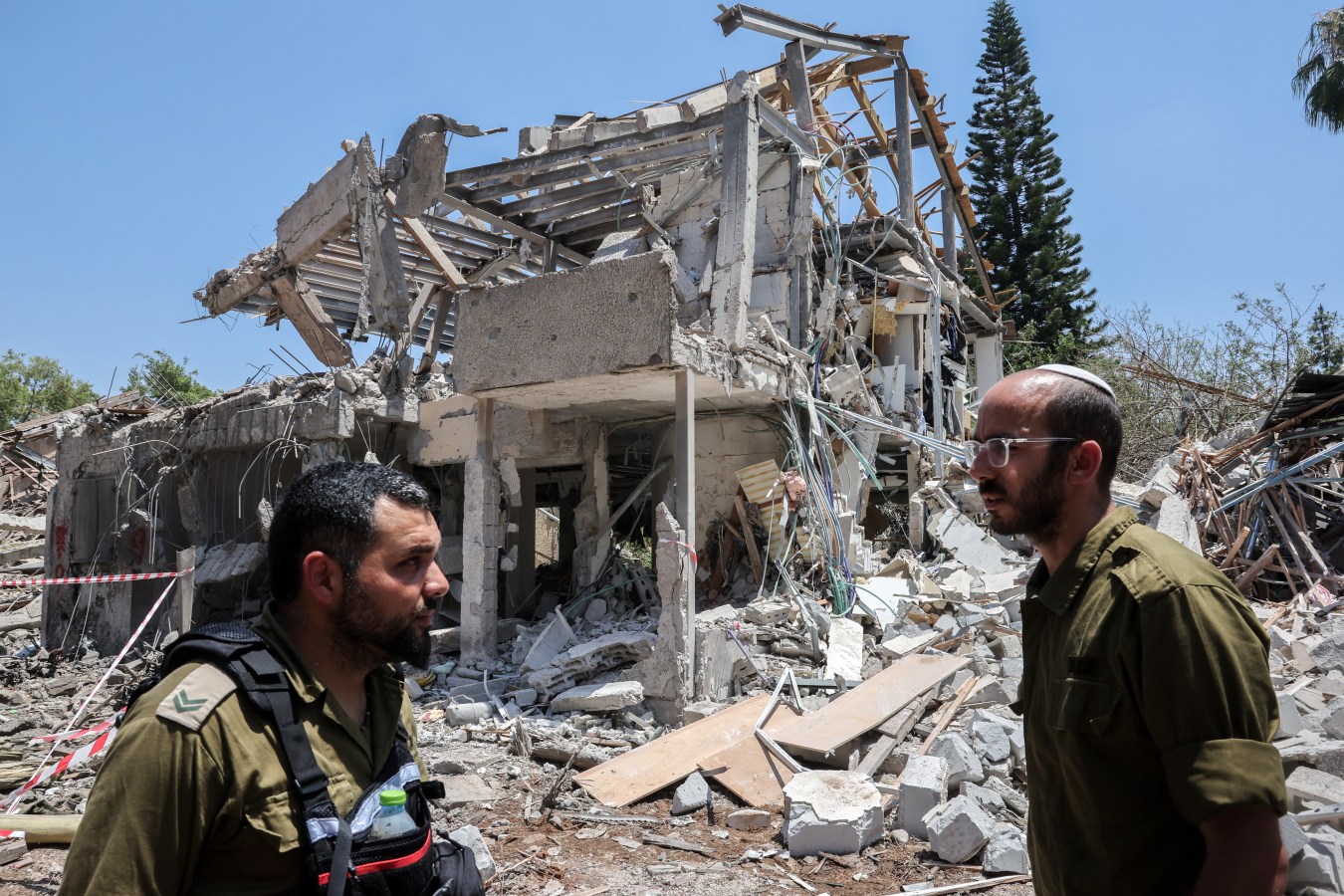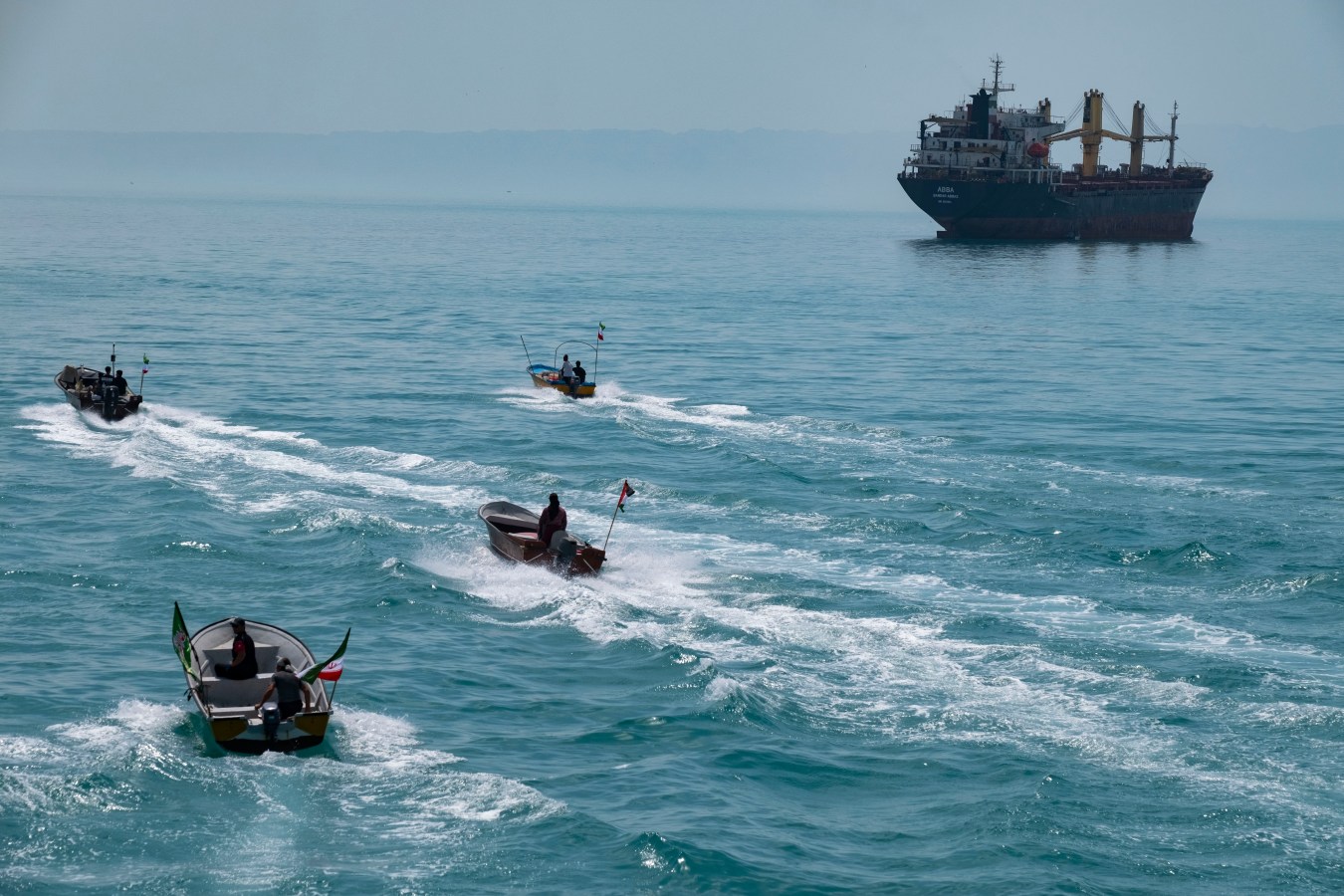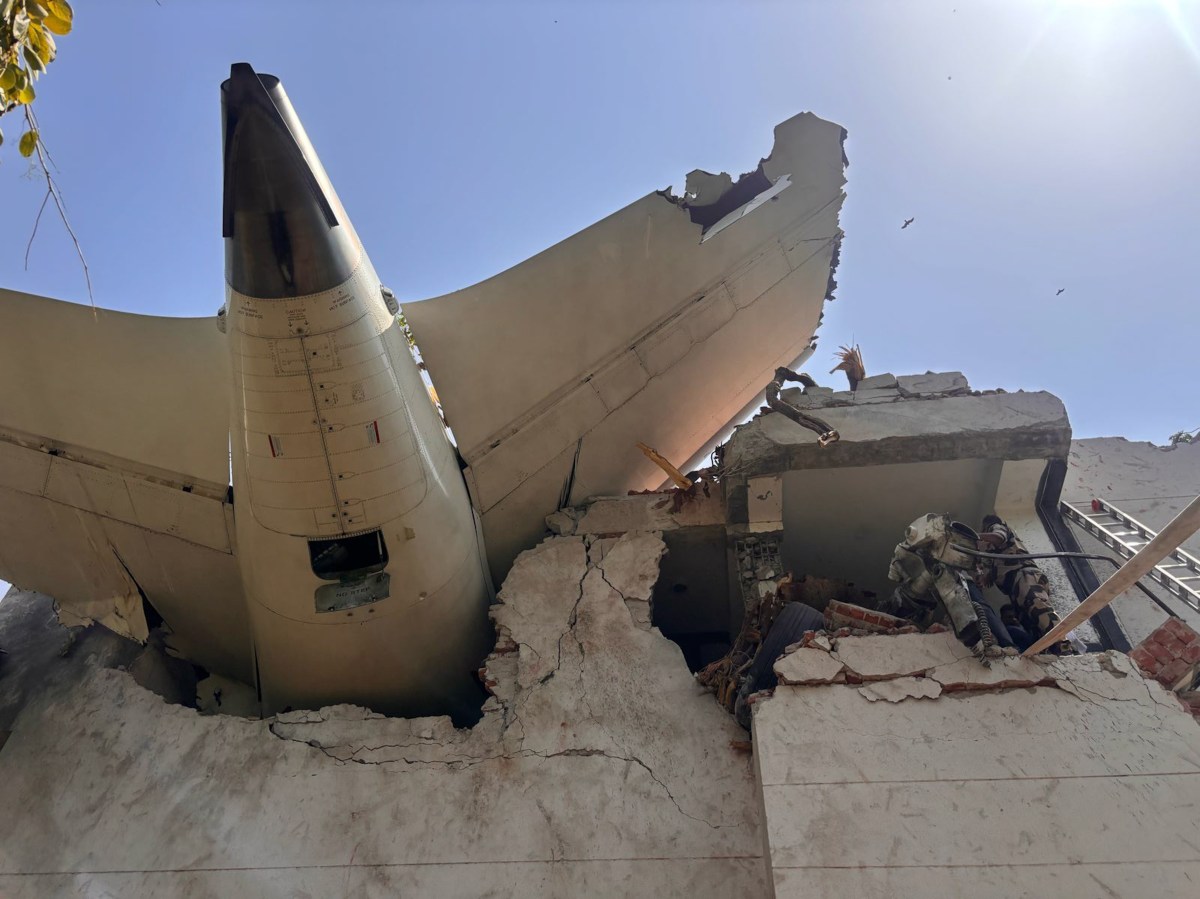Multiple Qantas flights were diverted overnight as tensions in the Middle East disrupted key air corridors. Qatar has reopened its airspace following a missile strike on a US military base, but flight delays and cancellations continue for travellers flying between Australia, the Gulf and Europe.

Key Takeaways
- Qantas – Diverted QF9 (Perth to London) to Singapore and turned QF33 (Perth to Paris) back to Perth due to Middle East airspace closures. Monitoring the situation.
- Virgin Australia – Confirmed that flights VA1 and VA15, operated by Qatar Airways, were diverted following the temporary closure of Qatari airspace.
- Emirates – Continued operating flights to and from Dubai using adjusted routes distanced from conflict zones. Services to Iran and Iraq remain suspended until at least June 30. Some flights may be delayed due to longer routings and airspace congestion.
- Qatar Airways – Announced schedule changes; suspended flights to Iran, Iraq and Syria.
- Singapore Airlines – Cancelled two flights to Dubai; warned of further disruptions as situation evolves.
- British Airways – Cancelled flights to Dubai, Doha and Tel Aviv; two flights diverted mid-air.
- Etihad – Halted flights to Amman and Tel Aviv until the end of June.
- United Airlines – Suspended all services to Tel Aviv and Dubai.
- American Airlines – Cancelled all operations to Doha.
Key background
Travel disruptions for Australians heading overseas have worsened following a new wave of Middle East conflict, including an Iranian missile strike on a US military base in Qatar early Tuesday morning (AEST). Qatar temporarily closed its airspace, leading to a wave of flight cancellations, diversions and delays across key Gulf carriers.
Qantas diverted its direct Perth–London flight (QF9) to Singapore and returned its Paris-bound flight (QF33) to Perth. Qatar Airways cancelled at least three outbound services from Sydney, Melbourne and Brisbane, while several other flights have been rerouted via Southeast Asia and India.
“Due to airspace closures and congestion through the Middle East resulting in air traffic restrictions, QF9 (Perth-London) has been diverted to Singapore and QF33 (Perth-Paris) is returning to Perth,” Qantas said in a statement Tuesday morning.
“We continue to monitor airspace availability closely and will alter our schedule as required. We thank our customers for their patience and understanding.”
British Airways and Singapore Airlines had already cancelled or rerouted services to Dubai and Doha earlier in the week, following the initial U.S. strikes on Iranian nuclear facilities.
“The most common transfer hubs that we’re seeing requested are Singapore, Hong Kong, China, Johannesburg, or even direct between Perth and London,” Flight Centre Travel Group CEO Graham Turner told Reuters.
Live images from FlightRadar24 show commercial aircraft continuing to avoid Iranian airspace, with long-haul routes now shifting north via the Caspian or south via Saudi Arabia and Egypt.
Big number
440,000. That’s how many Australians travelled to Europe for the continent’s summer period in 2024, according to Emirates, who’s major hub is Dubai. As of April this year, Emirates had counted 120,000 Australian passengers booked for summer vacations across Europe (and 41,000 stopping over in Dubai in January alone).
What to watch for
While Qantas does not fly to Dubai or anywhere else in the Middle East, Virgin Australia and Qatar Airways (which won the world’s best airline for the ninth year in a row) do. Forbes Australia has reached out to these airlines for comment.
Tangent
If World War III discourse has you wondering about your safety, the Global Peace Index has just unveiled the world’s safest countries for 2025, with Iceland topping the list, closely followed by Ireland and New Zealand.
This story will be updated as new airline responses are confirmed.



